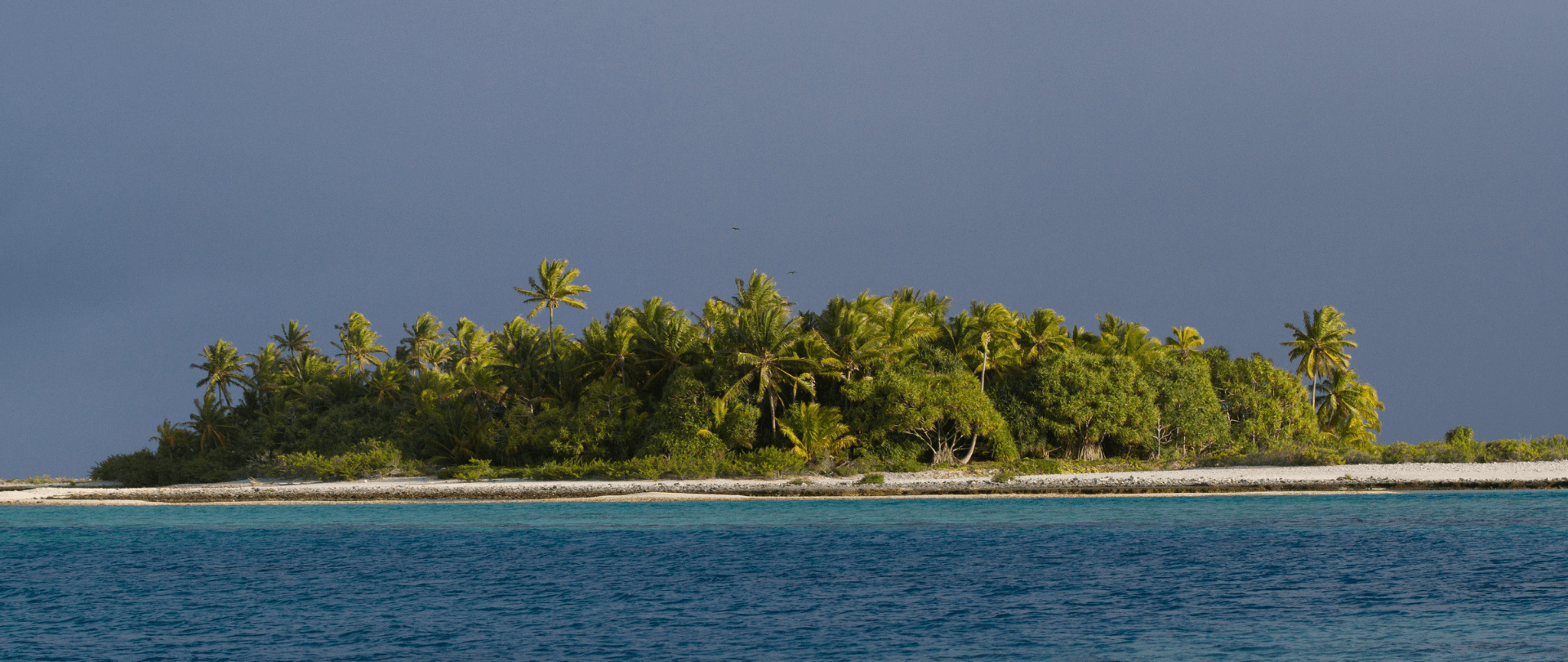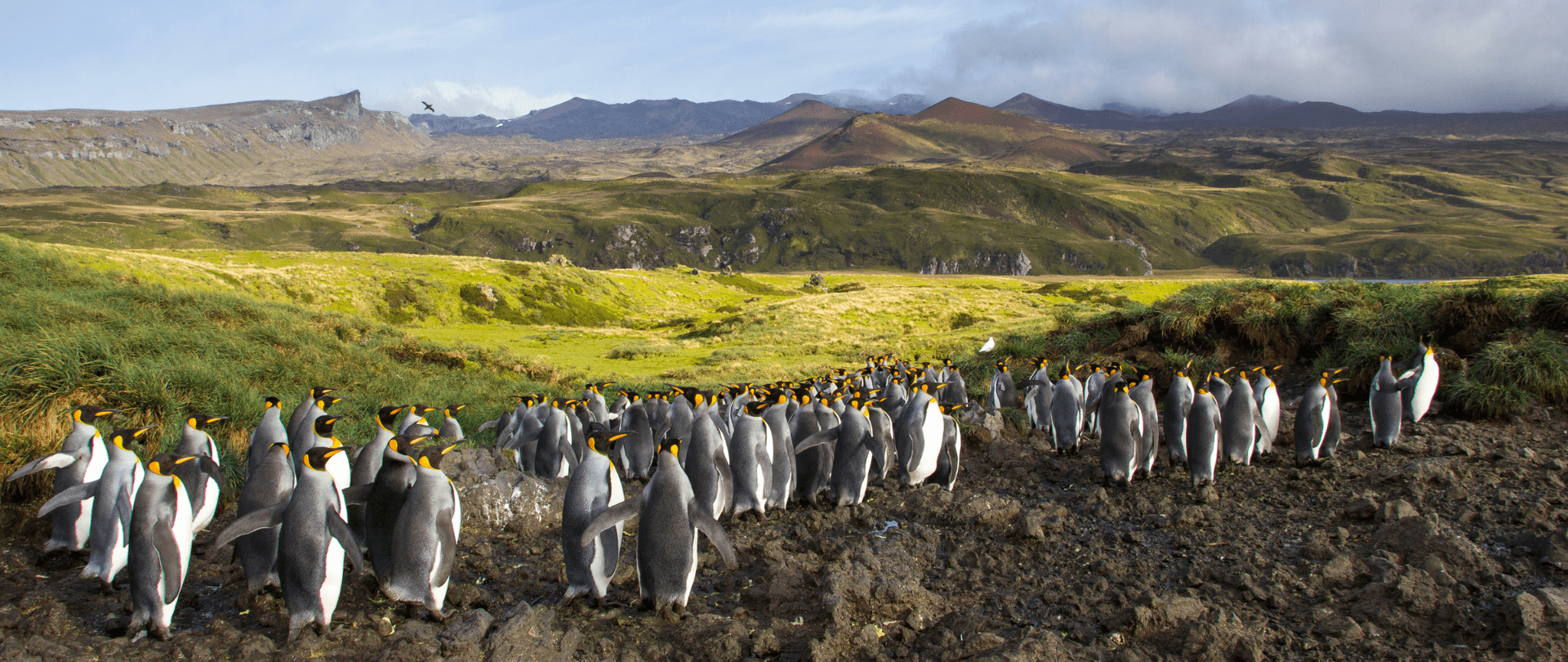The Ebiil Society: Champions of Palau
Ann Singeo, founder of our partner organization the Ebiil Society, shares her vision for a thriving Palau and a flourishing world of indigenous science!
Our new online shop is live!
Published on
March 8, 2017
Written by
Heath
Photo credit
Heath

What if releasing mice on an island could result in the safe, humane, and efficient removal of damaging invasive rodents introduced to that island 100’s of years ago? “Mice as Conservationists” is not a children’s book or a cute new movie from Pixar. It is a compelling idea being actively investigated by Island Conservation and our partners, and it’s catching the attention of respected science news outlets.
Today, Scientific American published a guest blog post by Megan Serr on this topic. The post, “Mice as Conservationists?” is well written, informative, and timely. We encourage you to read it.
The idea for conservationist mice arose in response to an urgent and pervasive problem our planet faces today. Introduced predators are wreaking havoc on island ecosystems, driving native wildlife to extinction. Most extinctions since 1500 have occurred on islands and invasive species are implicated in nine out of every ten of those extinctions. Scientific research suggests that today’s extinction rate is 100 to 1000 times greater than background (i.e. ‘normal’) rates observed throughout Earth’s history. What’s more, on many populated islands, invasive rodents can carry dangerous diseases and cause tremendous damage to local people’s crops and food stores.
Megan Serr, Ph.D. candidate in Zoology at North Carolina State University (NCSU), writes:
But now humans may be in a position to solve the problem they created. I am part of an interdisciplinary graduate program at North Carolina State University that is collaborating with the non-profit group Island Conservation. We explore not only the science, but also the moral, ethical, legal, and public perspectives on potentially using a genetically modified mouse to rid an island of invasive house mice for conservation purposes.
In addition to NCSU and Island Conservation, this not-for-profit Genetic Biocontrol of Invasive Rodents partnership includes government, research university, and NGO experts from three countries including Australia’s Commonwealth Scientific and Industrial Research Organisation (CSIRO) and University of Adelaide, New Zealand’s Landcare Research, the United States’ Department of Agriculture, and Texas A&M University.
These partners are working together to investigate the suitability of a mouse gene that could be used to drive a biased sex selection (all male or all female) through an island invasive mouse population, creating an eradication through natural attrition. It is important to underscore that we are asking if this can be done (technically speaking), and if so, should it be done? Under what conditions? We can only assess the suitability of such tools with thorough assessments of the risks, ethics, regulations, and social views related to this technology’s practical application.
As we wrote in September, 2016,
…it’s far too soon to promote or endorse the use of these tools for island invasive species eradications, we would be remiss if we didn’t explore these options. We may well be faced with the choice of considering cautious application of these tools or accepting the fate of extinctions for thousands of unique, island endemic species.
We are committed to exploring these questions with society, scientists, ethicists, and regulators, so that together we can determine if we could and should use these tools. Today, we have the distinct privilege of discussing the potential benefits, risks, concerns, and unknowns about these tools with many of North America’s leading natural resource management experts at the North American Wildlife and Natural Resources Conference. We are excited to engage these conservation leaders in this investigation and expect to learn much from each other.
Read the Scientific American blog post by Megan Serr: Mice as Conservationists?
Featured photo: Palmyra Atoll, Line Islands. Credit: Island Conservation
Check out other journal entries we think you might be interested in.

Ann Singeo, founder of our partner organization the Ebiil Society, shares her vision for a thriving Palau and a flourishing world of indigenous science!

This historic agreement aims to protect the marine and coastal areas of the Southeast Pacific.

Our projects to restore key islets in Nukufetau Atoll forecast climate resilience and community benefits in Tuvalu!

Island Conservation and partners have published a new paper quantifying ecosystem resilience on restored islands!

Climate Week NYC: what is it and why is it important? Read on to find out why Island Conservation is attending this amazing event!

With sea levels on the rise, how are the coastlines of islands transforming? Read on to find out how dynamic islands really are!

Join us in celebrating the most amazing sights from around the world by checking out these fantastic conservation photos!

Rare will support the effort to restore island-ocean ecosystems by engaging the Coastal 500 network of local leaders in safeguarding biodiversity (Arlington, VA, USA) Today, international conservation organization Rare announced it has joined the Island-Ocean Connection Challenge (IOCC), a global effort to…

Island Conservation accepts cryptocurrency donations. Make an impact using your digital wallet today!

For Immediate Release Conservation powerhouse BirdLife South Africa has joined the Island-Ocean Connection Challenge (IOCC) – a global initiative aiming to restore, rewild and protect islands, oceans and communities – to support its work to save internationally significant albatross populations…